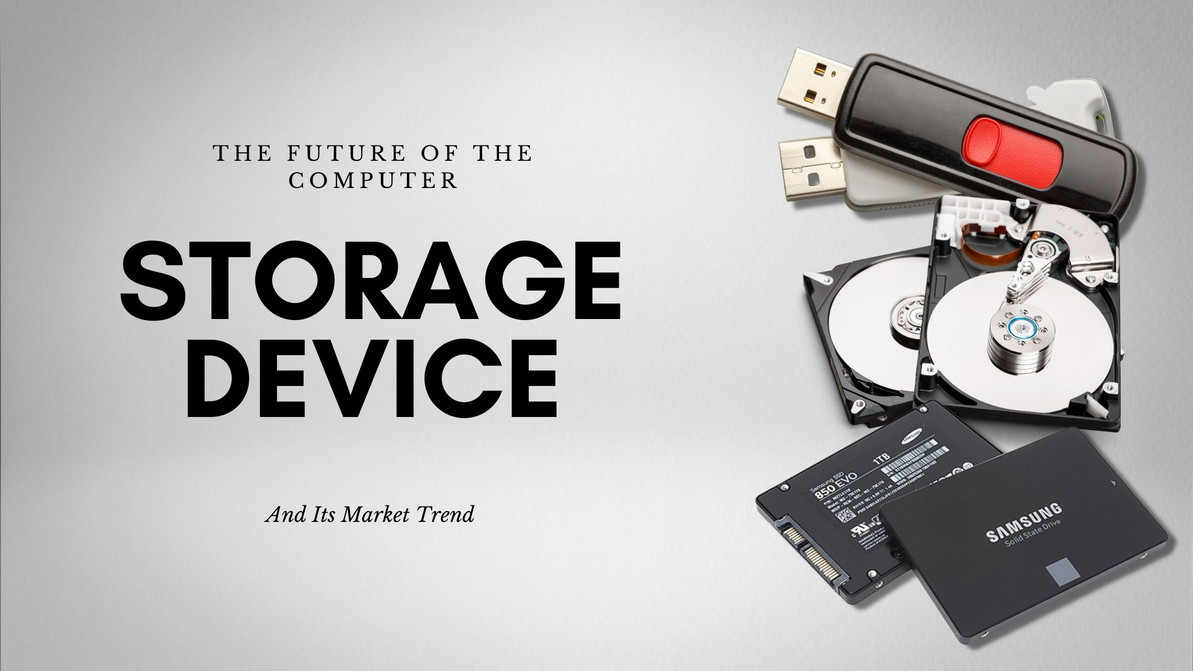The Future of the Computer Storage Device Market
Hard disk drives (HDDs) are one of the most popular enterprise storage devices, with sales reaching over 260 million units being sold in the year 2020.
Ever since the pandemic has shocked the world with its presence, more and more companies are starting to go remote. Companies have shifted to work-from-home and hybrid models to continue operations despite quarantine.
HDD Market
Although the client HDD market continues to decline in light of SSD attach rates, IDC's hard disk drive and storage research director Edward Burns says that the pandemic has sparked rising demand for certain types of hard drives, particularly mobile hard drives as well ascapacity-optimized hard drives.
Although there has been a rise in the popularity of solid-state drives (SSDs), hard disk drives aren't going to be obsolete. HDDs would remain relevant since they meet less expensive, high-capacity storage demands within data center environments.
Benefits of an HDD
Capacity
Hard drives are the ones leading in terms of storage mediums.
Shannon Hames, a spokesperson at Western Digital, said that capacity-enterprise HDDs, also called nearline HDDs, will remain the backbone of data centers and cloud infrastructures for generations to come. Since HDDs offer high capacity, reliability, and lower TCO in a proven solution for storing important information enterprises depend on.
Hames also stated that not all enterprises or data center operations prioritize speed. Thus enterprises rely on hard drives amid rapidly increasing storage demands.
Cost
Despite SSDs becoming much cheaper than before, hard drives are still more inexpensive overall where capacity is concerned.
HDDs are attractive for enterprises that don't have the financial capability to invest enormous amounts of money in their storage mediums.
Morshed Alam, founder and editor of Savvy Programmer, said that since HDDs are significantly cheaper than other storage media, their value increases, as well as their applicability of monetizing storage space.
Longer Lifespan
HDDs have a higher read-write cycle which is a clear advantage of an HDD since data is directly written on the platter disks. These platter disks are highly durable and rarely deteriorate. SSDs, on the other hand, have a lower read-write cycle since flash memories are only able to handle a limited amount of writes, and repetitive read/write cycles wear down flash memories which shorten their lifespan.
HDD Use Cases
In enterprise environments, hard drives are usually in conjunction with other storage and computing solutions. This is a pretty common strategy since SSDs are the fastest when it comes to retrieving data.
Some enterprises use both HDDs and SSDs in their operations. Dell Technologies, for example, uses hard drives along with SSDs, network I/O controllers, CPUs, and memory in its EMC VSan Ready Nodes, which power cloud computing provider Rackspace's private cloud.
Needless to say, HDDs will still be relevant in the upcoming years. As long as they are still able to be the lead in terms of storage with a lower TCO compared to other storage media, HDDs will still remain the best option for enterprises that have yet to have the financial capabilities of investing in SSDs. Although HDDs are slower than SSDs, hard drives offer higher storage capacity on a lower TCO, making them better for enterprises that rely on capacity rather than speed.
Recent Posts
-
Why It's Important to Purchase Genuine HPE Replacement Parts
When maintaining the integrity and performance of your Hewlett Packard Enterprise (HPE) systems, the …Jun 28th 2024 -
Mastering Modern Data: Cutting-Edge Storage Solutions in the AI Era
In the rapidly evolving digital era, Artificial Intelligence (AI) has become a cornerstone of innov …Jun 20th 2024 -
Product Comparison: HPE Q1J00A MSA 2050 vs. HPE Q1J10A D3710 vs. HPE 717870-001 MSA 2040
IntroductionIn today’s data-driven world, the demand for efficient, reliable, and scalable data stor …May 23rd 2024




